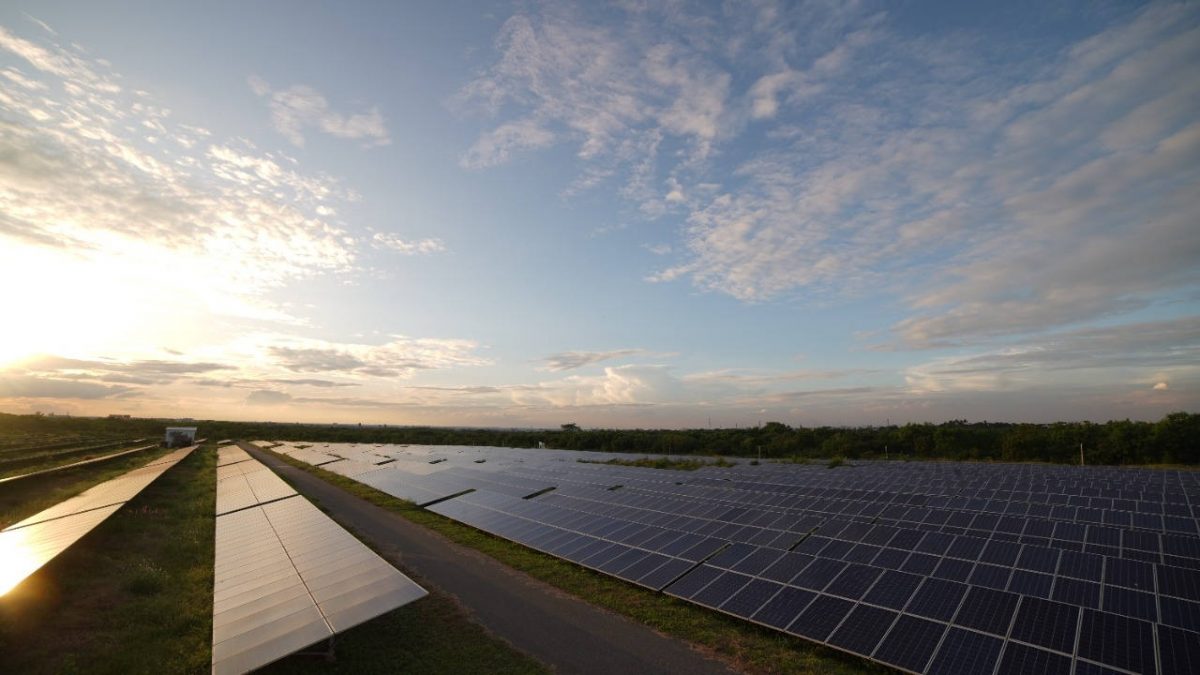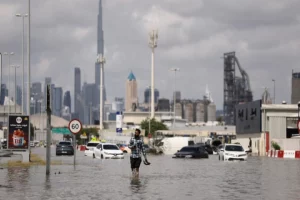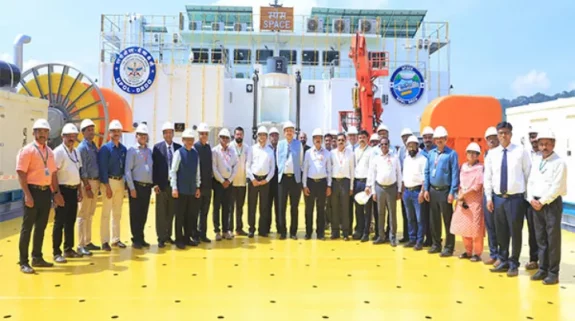Singapore launched one of the world's largest floating solar panel farms to power its five water treatment plants. It will help the island nation reduce carbon emissions by about 32 kilotonnes annually, equivalent to pulling out 7,000 cars from the roads.
The 60 megawatt-peak solar photovoltaic (PV) farm, designed on a reservoir, has been built by a wholly-owned subsidiary of Sembcorp Industries. It helps Singapore to meet its goal of pushing solar energy production four-fold by 2025 to help tackle climate change.
A Reuters report says, "as opposed to conventional rooftop solar panels, floating ones perform between 5% to 15% better because of the cooling effect of the water, and are not impacted by shading from other buildings".
Read More: One man's mission to make India go sustainable and solar
The 122,000 solar panels on the 45-hectare site will make Singapore one of the few countries in the world to have a water treatment system fully powered by sustainable energy. Singapore's national water agency PUB said in a statement that an assessment was conducted before installing the solar panels to ensure there was no significant impact on wildlife or to water quality.
Reuters quoted Jen Tan, a regional head at Sembcorp Industries as saying: "It was carefully designed to improve airflow and allow sunlight passing through the water (to reach aquatic life)". Drones will be used for maintenance of the solar panels, which will last upto 25 years.
India too is executing similar projects at a number of locations. One of its largest floating projects is coming up at the Ramagundam thermal power plant reservoir in Telangana with a capacity of 100 MW. The first unit generating 15 MW will be launched this month, followed by similar launches of 10-15 MW every month.
Being developed by NTPC, this project is part of the company's efforts to set up numerous floating solar power projects with a view to accelerate its green energy production to 30 per cent of its capacity.




















